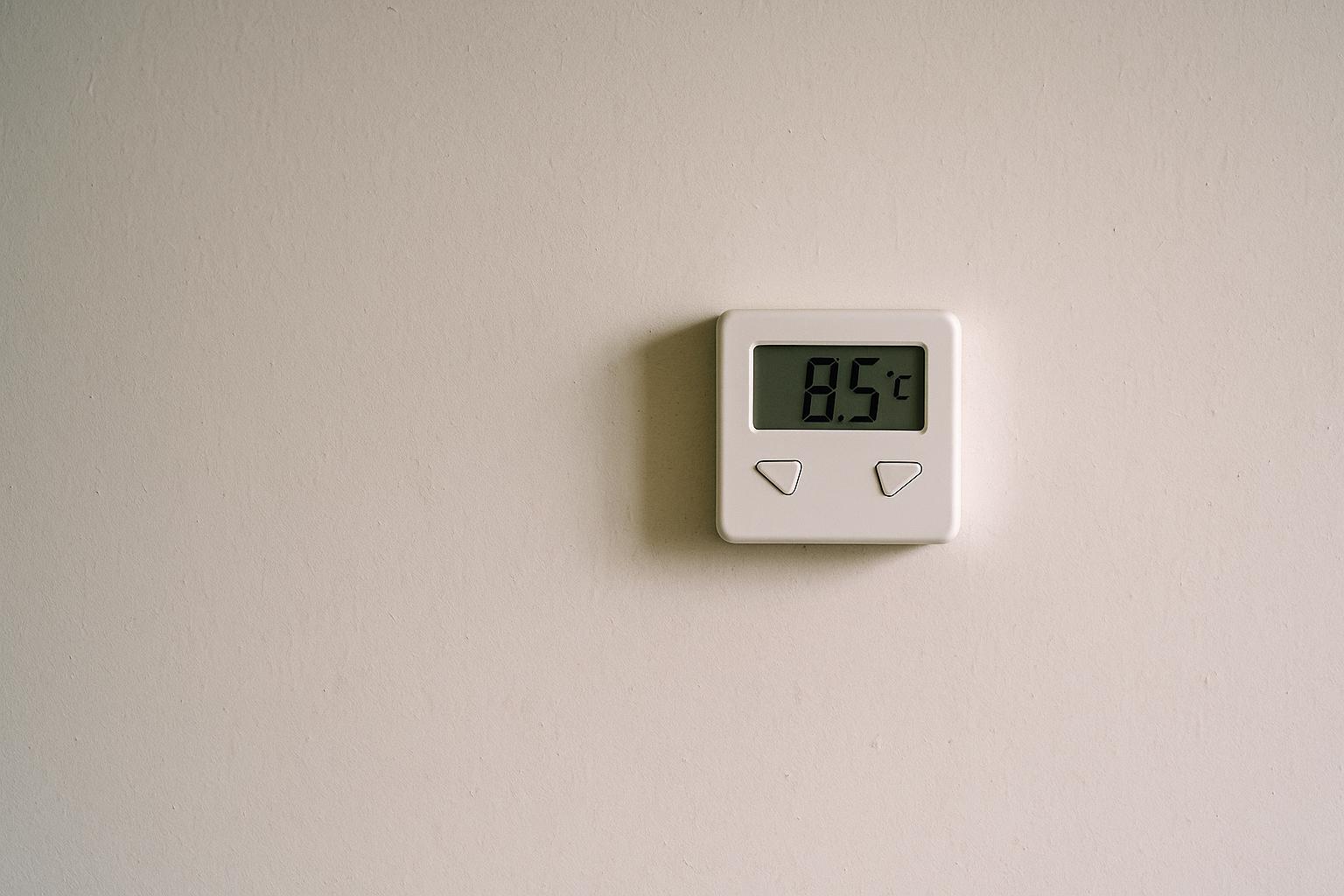Renters in England and Wales continue to face significant hardship as energy costs soar, with many forced into difficult compromises to cope. According to Citizens Advice, more than 40% of private renters had to ration their gas and electricity last winter in order to afford bills, often resorting to actions like skipping hot meals and limiting heating to just one room. Despite these desperate measures, many tenants hesitate to raise the issue with landlords, fearing this might jeopardise their tenancy. This reluctance underscores a troubling dynamic where renters bear a disproportionate burden of energy expenses without adequate support or certainty.
The root of the problem often lies in the poor energy efficiency of rental properties. Citizens Advice reports that 57% of renters live in homes that fall below an EPC C rating, meaning they are less energy efficient and consequently more expensive to heat. The organisation has urged the government to enforce a new regulation requiring landlords to upgrade rental properties to at least an EPC C standard by 2030, a move that could potentially ease the financial strain on tenants.
However, the situation is further complicated by the structure of rental agreements. Approximately 13% of private renters have their utility bills included within the rent, leaving them vulnerable regarding government support measures. Charities have warned that renters in this group may miss out on the UK government’s £400 energy rebate if landlords do not pass on the discount. This arrangement raises issues of fairness and transparency in distributing vital energy support to those most in need.
Concerns around energy affordability also weigh heavily on renters’ peace of mind. A NatWest survey found that nearly half of renters feel less confident about paying their energy bills compared to previous years, with those on lower incomes particularly anxious. Fears that landlords might raise rents in response to escalating energy costs contribute to this sense of insecurity.
The challenges of rising energy bills are expected to persist into 2025. The National Residential Landlords Association (NRLA) has highlighted that tenants will likely face increased difficulty in paying energy bills due to Ofgem’s planned energy price cap rises. The NRLA has advised landlords to be cognisant of these challenges and to consider ways to help tenants manage the impact of higher costs.
Underlying many of these issues is the so-called ‘split incentive’ problem: tenants pay the energy bills but often lack the authority or resources to improve energy efficiency, while landlords have limited motivation to invest in improvements that do not immediately translate into higher rents. Experts say this problem is particularly acute in areas with older housing stock and reliance on fossil fuel heating systems, and addressing this challenge requires coordinated policies that align incentives for both landlords and tenants.
The financial strain of energy costs also takes a toll on renters’ mental health. A recent study found that over half of renters experience negative impacts on their mental wellbeing due to concerns over energy bills and rent affordability. Many, true to the advice from housing experts, suggest that landlords could significantly help by making homes more energy efficient, thereby reducing energy consumption and easing the financial burden on tenants.
Together, these findings reveal the multifaceted nature of energy poverty among renters, shaped by economic pressures, inefficient housing, policy gaps, and complex landlord-tenant dynamics. While government measures such as the energy rebate and planned EPC improvements aim to mitigate the crisis, further action is needed to ensure renters are protected from escalating costs and have secure, affordable, and warm homes.
📌 Reference Map:
- Paragraph 1 – [1], [2]
- Paragraph 2 – [2]
- Paragraph 3 – [3]
- Paragraph 4 – [4]
- Paragraph 5 – [5]
- Paragraph 6 – [6]
- Paragraph 7 – [7]
Source: Noah Wire Services
